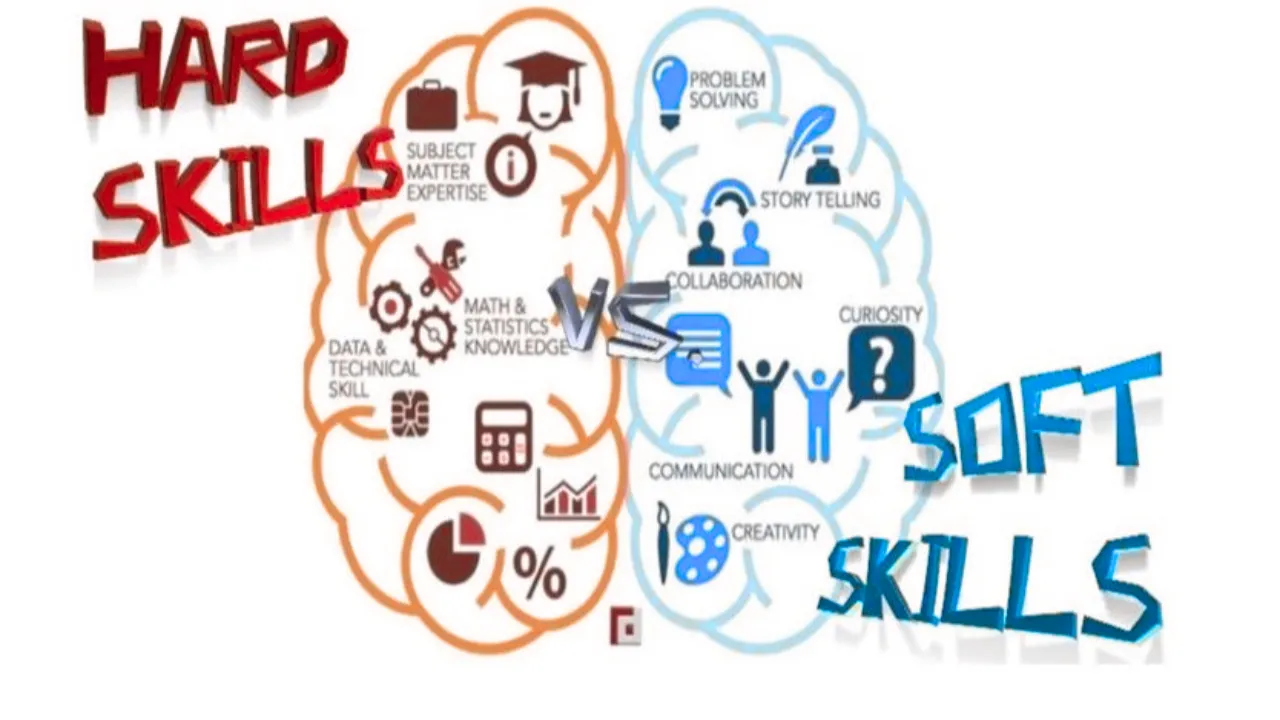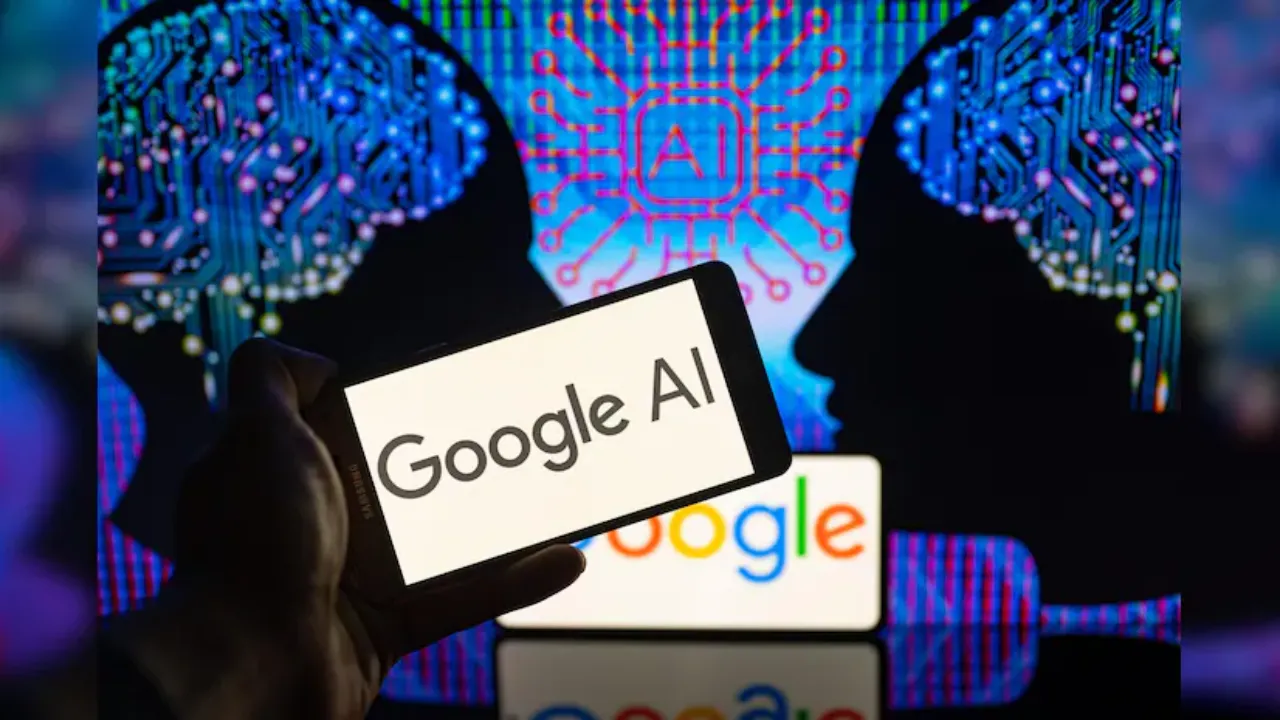Soft Skills vs. Hard Skills: In today’s fast-moving job market, soft skills vs. hard skills is a topic that sparks debate among job seekers and employers alike. Whether you’re starting your career or looking to advance it, understanding the value of both skill types is crucial. Companies now seek professionals who not only have the technical know-how but also the interpersonal traits to thrive in a team setting.
This article breaks down the differences between soft skills vs. hard skills, explains how they complement each other, and why both are essential for long-term career success. We’ll explore what these skills mean, why they matter, and how you can develop a balanced skill set that employers value.
Soft Skills vs. Hard Skills
The comparison between soft skills vs. hard skills is not about choosing one over the other. It’s about recognizing that both play different but equally vital roles in the workplace. Hard skills are measurable and job-specific abilities. Soft skills, on the other hand, are personal qualities that shape how you interact with others and respond to workplace challenges.
While hard skills help you perform tasks, soft skills shape how well you work with others and manage your role. Together, they create a strong foundation for any successful career.
Table of Contents
- Overview Table: Key Differences
- What Are Hard Skills?
- What Are Soft Skills?
- Importance of Hard Skills
- Importance of Soft Skills
- How They Work Together
- Why Balance Matters in the Modern Workplace
- Soft Skills and AI: A Growing Demand
- Tips to Improve Both Skill Sets
- FAQs
- Final Thought
Overview Table: Key Differences
| Category | Hard Skills | Soft Skills |
| Definition | Teachable, technical abilities | Interpersonal and emotional traits |
| How Learned | Through education or training | Through life experience and practice |
| Examples | Coding, accounting, data analysis | Communication, teamwork, adaptability |
| Measurability | Easy to measure and test | Harder to measure |
| Job Relevance | Required for specific roles | Important in all types of jobs |
| Automation Risk | High | Low |
What Are Hard Skills?
Hard skills are specific, teachable abilities that are often gained through formal education or on-the-job training. They are easy to measure, often through tests, certifications, or experience. These are the skills employers list in job descriptions—skills you must have to perform the core functions of a role.
Examples include coding, using software tools, data analysis, operating machinery, and accounting. If you’re in a technical or specialized field, hard skills are the foundation of your job performance.
What Are Soft Skills?
Soft skills refer to your ability to work well with others and handle everyday workplace challenges. These skills aren’t taught in a classroom in the traditional sense but are developed through experience and awareness.
Common examples are communication, problem-solving, time management, leadership, and emotional intelligence. In most jobs, these traits help you interact effectively with teammates, clients, and management, and help build a healthy work environment.
Importance of Hard Skills
Hard skills are often the minimum requirement for a role. They demonstrate that you can handle specific job responsibilities. Without them, you may not even qualify for an interview. For example, a data analyst must know how to use statistical tools, while a mechanic must understand machinery.
These skills help you stand out in roles that require technical expertise, such as engineering, finance, IT, and healthcare. They are also the easiest to train, test, and prove on a resume.
Importance of Soft Skills
Soft skills are increasingly becoming a key differentiator among candidates. While your technical abilities might get you the job, it’s your soft skills that help you grow, lead, and collaborate. Employers value these because they ensure smoother team dynamics, better customer interactions, and higher productivity.
Since soft skills are harder to automate, they are seen as future-proof. Roles that require creativity, empathy, or emotional intelligence will always need human input—something machines can’t replace.
How They Work Together
You might be great at using a tool or completing a task (hard skill), but without soft skills like communication or teamwork, your performance may be limited. Similarly, someone who is highly personable but lacks technical skills may struggle with core job tasks.
For long-term career success, it’s important to balance both soft skills and hard skills. Hard skills help you land the role, while soft skills help you grow in it. Managers often promote those who can both do their job well and lead or work well with others.
Why Balance Matters in the Modern Workplace
Today’s jobs are more collaborative and fast-paced than ever. Employees must juggle deadlines, interact with people from diverse backgrounds, and adapt to changing demands. That’s where soft skills make a huge difference.
At the same time, the rise of technology means you also need to stay current with hard skills. The ideal professional is someone who constantly updates their hard skills while also growing their emotional intelligence, adaptability, and leadership abilities.
Soft Skills and AI: A Growing Demand
As artificial intelligence and automation take over more technical tasks, soft skills are becoming more valuable. Machines can handle coding, calculations, and even customer queries—but they can’t lead teams, resolve conflicts, or inspire creativity.
This shift is making employers prioritize skills like adaptability, empathy, and collaboration even more. In a tech-driven future, your soft skills will make you uniquely human and irreplaceable.
Tips to Improve Both Skill Sets
1. Ways to Improve Hard Skills:
- Take online courses or certifications
- Attend industry-specific workshops
- Practice using job-relevant tools
- Stay updated with trends in your field
2. Ways to Improve Soft Skills:
- Join group projects or volunteer work
- Seek feedback from peers and mentors
- Read books or take courses on communication and leadership
- Practice active listening and empathy daily
FAQs
Q1: What’s the main difference between soft skills and hard skills?
Hard skills are job-specific and measurable, while soft skills are interpersonal traits and emotional abilities.
Q2: Can soft skills be learned?
Yes, they can be improved with practice, feedback, and experience in different situations.
Q3: Are soft skills more important than hard skills?
It depends on the job, but a good mix of both is usually best for success and career growth.
Q4: Why are soft skills becoming more important now?
Because automation and AI can replace many hard skills, soft skills remain uniquely human and harder to automate.
Q5: How do I show my soft skills in a job interview?
Use examples from past experiences where you solved problems, led a team, or worked well under pressure.
Final Thought
In the debate of soft skills vs. hard skills, there’s no clear winner—because both are crucial. Think of hard skills as your entry ticket and soft skills as your long-term success path. To grow in your career, work on building both.
We’d love to hear from you! What skills have helped you the most in your career? Share in the comments below and don’t forget to explore more content related to personal growth and career development, including your career horoscope or tips on developing leadership skills.











